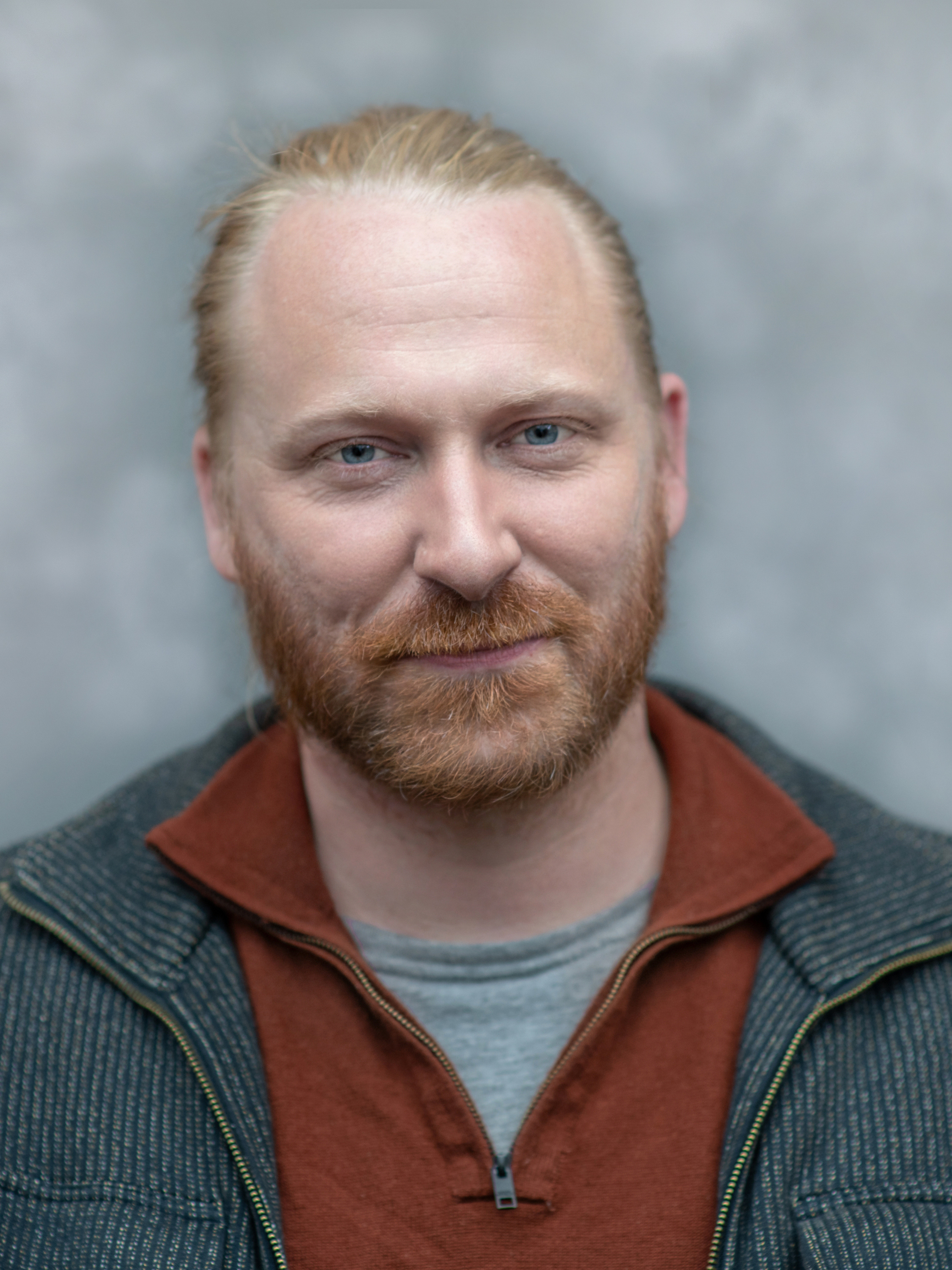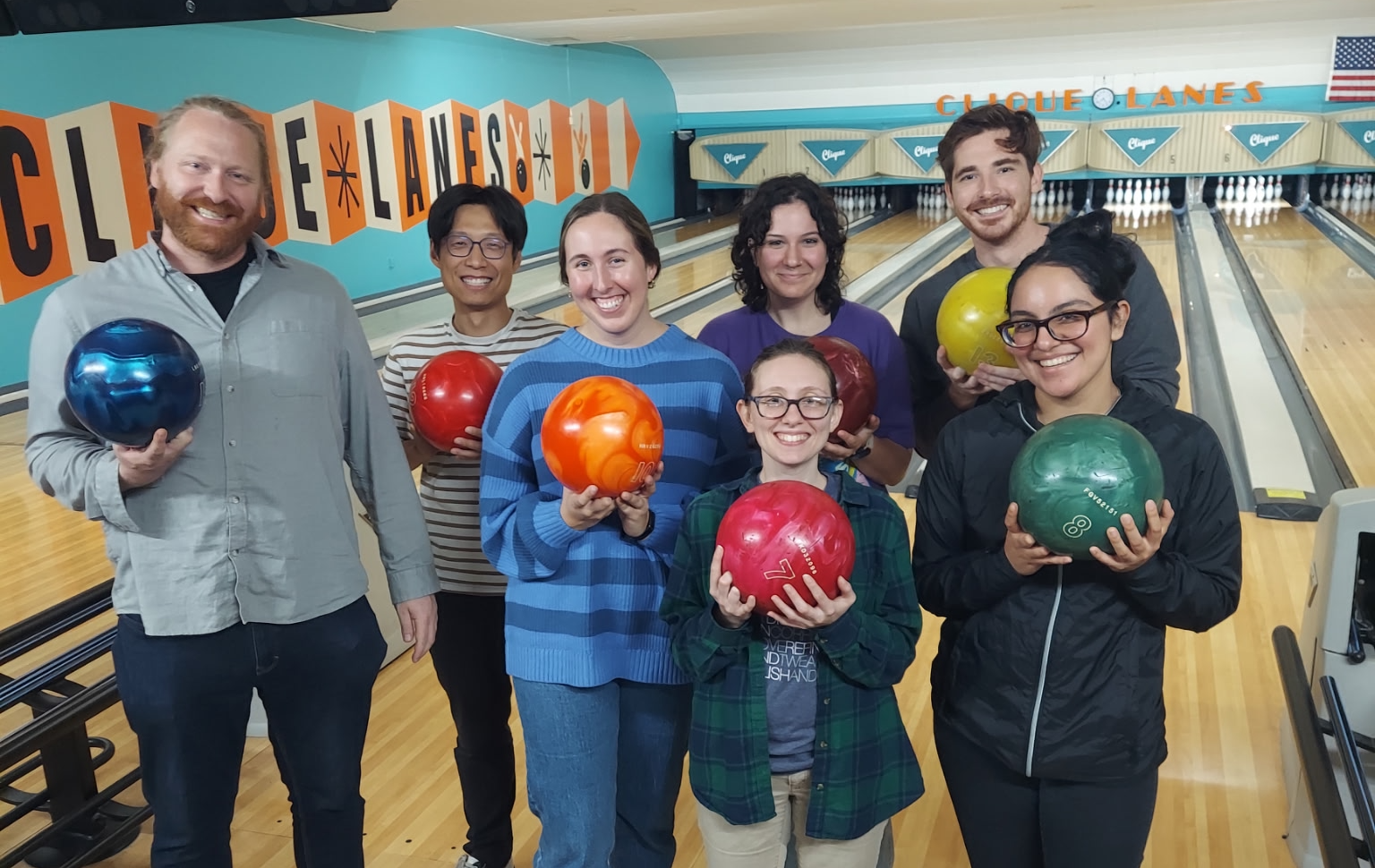Janssens Laboratory
Epigenetic Regulation of Hematopoiesis and Leukemia
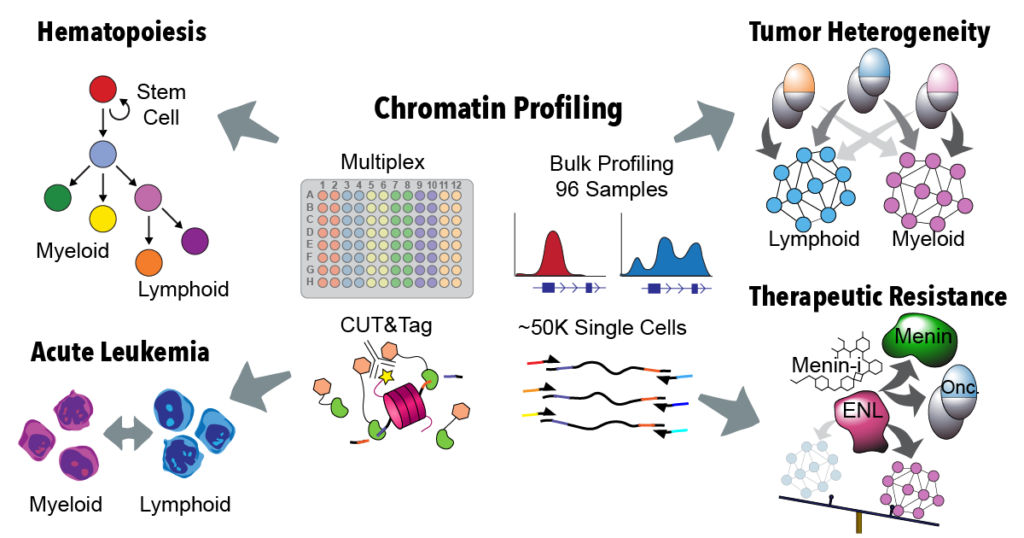 The epigenetic mechanisms that define the various cell types and tissues in our bodies involve altering the protein-DNA assembly — called chromatin — to direct changes in cellular gene expression programs. The critical protein-DNA interactions underpinning cellular differentiation often occur in small numbers of transient cell types, which poses serious technological challenges for directly studying these mechanisms in human tissues. The Janssens Lab is addressing these challenges with two main goals:
The epigenetic mechanisms that define the various cell types and tissues in our bodies involve altering the protein-DNA assembly — called chromatin — to direct changes in cellular gene expression programs. The critical protein-DNA interactions underpinning cellular differentiation often occur in small numbers of transient cell types, which poses serious technological challenges for directly studying these mechanisms in human tissues. The Janssens Lab is addressing these challenges with two main goals:
- Develop new and improved strategies to map the genome-wide occupancy of chromatin-associated proteins in single cells
- Apply these methods to characterize the epigenetic regulation of normal blood development and the epigenetic contributions to therapeutic resistance in human blood cancers
These technologies enable researchers to examine the occupancy of sparse DNA-binding transcription factors and chromatin-regulatory proteins on the DNA at a single-molecule resolution and provide a critical new lens to view the epigenetic regulation of development in heterogeneous human tissues. By coupling these methods with data integration tools powered by artificial intelligence, we are building a unified epigenetic landscape of human blood development where cellular differentiation trajectories are defined by the integration of numerous chromatin signals including markers associated with developmental gene activation and repression. This granular epigenetic roadmap of human blood development will serve as a foundation to interpret how gene-expression programs are disrupted in developmental diseases such as leukemia. Our initial efforts focus on leukemias with translocation mutations in the KMT2A/MLL1 gene. By collaborating with physician-scientists, we work to understand the epigenetic mechanisms of therapeutic resistance in human leukemia and translate these insights into novel diagnostic methods and combination therapies that improve patient outcomes.
News & Publications
Learn MoreJanssens DH, Duran M, Otto DJ, Wu W, Xu Y, Kirkey D, Mullighan CG, Yi JS, Meshinchi S, Sarthy JF, Ahmad K, Henikoff S. 2024. MLL oncoprotein levels influence leukemia lineage identities. Nat Commun 15:9341.
Janssens DH, Greene JE, Wu SJ, Codomo CA, Minot SS, Furlan SN, Ahmad K, Henikoff S. 2024. Scalable single-cell profiling of chromatin modifications with sciCUT & Tag. Nat Prot 19:83–112.
Janssens DH, Meers MM, Wu SJ, Babaeva E, Meshinchi S, Sarthy JF, Ahmad K, Henikoff S. 2021. Automated CUT&Tag profiling of chromatin heterogeneity in mixed-lineage leukemia. Nat Genet 53:1586–1596.
Our Impact
We’re raising thousands to save millions.
We’re turning hope into action for the millions of people around the world affected by diseases like cancer and Parkinson’s. Find out how you can help us make a difference.
- 122 peer-reviewed papers published in 2024, 63 of which were in high-impact journals
- 15 VAI-SU2C Epigenetics Dream Team clinical trials launched to date
- 10 clinical trials co-funded by VAI & Cure Parkinson's (out of 41 total International Linked Clinical Trials Program trials)
Derek Janssens, Ph.D.
Assistant Professor, Department of Epigenetics
Areas of Expertise
Leukemia, Epigenetics, Technology Development, Genomics, Cell Fate, Stem Cell Biology, Hematopoiesis
Biography
Dr. Derek Janssens develops novel genomics technologies to explore the epigenetic contributors to hematological cancers with the goal of informing improved diagnostics and therapies.
He earned his B.S. in biomedical sciences from Grand Valley State University and his Ph.D. in cellular and molecular biology from University of Michigan (mentor: Dr. Cheng-Yu Lee). His doctoral research described a genetically encoded circuit that controls rapid gene activation and cell fate commitment following asymmetric neural stem cell division.
He went on to do a postdoc with Dr. Steve Henikoff at the Fred Hutchinson Cancer Center and contributed to the development of the CUT&RUN and CUT&Tag methods, which enable in situ chromatin profiling in small samples and single cells. He leveraged this approach to map active and repressive regulomes in single cells in mixed-lineage leukemia.
In 2024, he joined Van Andel Institute’s Department of Epigenetics as an assistant professor.
He has earned several awards for his research and scholarship including the Hartwell Foundation Postdoctoral Fellowship, a K22 Transition to Independence Award from the National Cancer Institute and the Forbeck Scholars Award.
Publications
Janssens DH, Duran M, Otto DJ, Wu W, Xu Y, Kirkey D, Mullighan CG, Yi JS, Meshinchi S, Sarthy JF, Ahmad K, Henikoff S. 2024. MLL oncoprotein levels influence leukemia lineage identities. Nat Commun 15:9341.
Janssens DH, Greene JE, Wu SJ, Codomo CA, Minot SS, Furlan SN, Ahmad K, Henikoff S. 2024. Scalable single-cell profiling of chromatin modifications with sciCUT&Tag. Nat Prot 19:83–112.
Henikoff S, Henikoff JG, Ahmad, K, Paranal RM, Janssens DH, Russell ZR, Szulzewsky F, Kugel S, Holland EC. 2023. Epigenomic analysis of formalin-fixed paraffin-embedded samples by CUT&Tag. Nature Comm 14:5930.
Hsieh E, Janssens DH, Paddison PJ, Browne EP, Henikoff S, OhAinle M, Emerman M. 2023. A modular CRISPR screen identifies individual and combination pathways contributing to HIV-I latency. PLoS Pathog 19(1):e1011101.
De Sarkar N, Patton RD, Doebley AL, Hanratty B, Adil M, Kreitzman AJ, Sarthy JF, Ko M, Brahma S, Meers MP, Janssens DH, Ang LS, Coleman IM, Bose A, Dumpit RF, Lucas JM, Nunez TA, Nguyen HM, McClure HM, Pritchard CC, Schweizer MT, Morrissey C, Choudhury AD, Baca SC, Berchuck JE, Freedman ML, Ahmad K, Haffner MC, Montgomery RB, Corey E, Henikoff S, Nelson PS, Ha G. 2022. Nucleosome patterns in circulating tumor DNA reveal transcriptional regulation of advanced prostate cancer phenotypes. Cancer Discov 13(3):632–653.
Meers MP, Llagas T, Janssens DH, Codomo C, Henikoff S. 2022. Multifactorial chromatin regulatory landscapes at single cell resolution. Nat Biotech 42:708–716.
Thirimanne NH, Wu F, Janssens DH, Swanger J, Diab A, Feldman HM, Amezquita RA, Gottardo R, Paddison PJ, Henikoff S, Clurman B. 2022. Global and context-specific transcriptional consequences of oncogenic Fbw7 mutations. eLife 11:e74338.
Janssens DH*, Otto DJ*, Meers MM, Setty M, Ahmad K, Henikoff S. 2022. CUT&Tag2for1: a modified method for simultaneous profiling of the accessible and silenced regulome in single cells. Genome Biol 23:81.
*Co-first authors
Janssens DH, Meers MM, Wu SJ, Babaeva E, Meshinchi S, Sarthy JF, Ahmad K, Henikoff S. 2021. Automated CUT&Tag profiling of chromatin heterogeneity in mixed-lineage leukemia. Nat Genet 53:1586–1596.
Nyquist MD, Ang LS, Corella A, Coleman IM, Meers MP, Christiani AJ, Pierce C, Janssens DH, Meade HE, Bose A, Brady L, Howard T, De Sarkar N, Frank SB, Dumpit RF, Dalton JT, Corey E, Plymate SR, Haffner MC, Mostaghel EA, Peter SN. 2021. Selective androgen receptor modulators activate the canonical prostate cancer androgen receptor program and repress cancer growth. J Clin Invest 131(10):e146777.
Molaro A, Wood AJ, Janssens DH, Kindelay SM, Eickbush MT, Wu SJ, Singh P, Muller CH, Henikoff S, Malik HS. 2020. Biparental contributions of the H2A.B histone variant control embryonic development in mice. PLoS Biol 18(12):e3001001.
Rives-Quinto N, Komori H, Ostgaard CM, Janssens DH, Kondo S, Dai Q, Moore AW, Lee CY. 2020. Sequential activation of transcriptional repressors promotes progenitor commitment by silencing stem cell identity genes. eLife 9:e56187.
Sarthy JF, Meers MM, Janssens DH, Henikoff JG, Feldman H, Paddison PJ, Lockwood CM, Vitanza NA, Olson, JM, Ahmad K, Henikoff S. 2020. Histone deposition pathways determine the chromatin landscapes of H3.1 and H3.3 K27M oncohistones. eLife 9:e61090.
Kaya-Okur H, Janssens DH, Henikoff JG, Ahmad K, Henikoff S. 2020. Efficient low-cost chromatin profiling with CUT&Tag. Nat Prot 15:3264–3283
Meers MP, Janssens DH, Henikoff S. 2019. Pioneer factor-nucleosome binding events during differentiation are motif encoded. Mol Cell 75:562–575.
Mathsyaraja H, Freie B, Cheng P-F, Babaeva E, Catchpole JT, Janssens DH, Henikoff S, Eisenman RN. 2019. Max deletion destabilizes MYC protein and abrogates Eμ-Myc lyphomagenesis. Genes Dev 33:1252–1264.
Janssens DH, Wu SJ, Sarthy JF, Meers MP, Myers CH, Olson JM, Ahmad K, Henikoff S. 2018. Automated in situ profiling efficiently resolves cell types and gene regulatory programs. Epi Chrom 11: 74.
Janssens DH, Hamm DC, Anhezini L, Xiao Q, Siller KH, Siegrist SE, Harrison MM, Lee CY. 2017. An Hdac1/Rpd3-poised circuit balances continual self-renewal and rapid restriction of developmental potential during asymmetric stem cell division. Dev Cell 40:367–380.
Komori H, Xiao Q, Janssens DH, Dou Y, Lee CY. 2014. Trithorax maintains the functional heterogeneity of neural stem cells through the transcription factor Buttonhead. eLife 3:e03502
Janssens DH, Lee C-Y. 2014. It takes two to tango, a dance between the cells of origin and cancer stem cells in the Drosophila larval brain. Sem Cell Devel Biol 28:63–69.
Janssens DH, Komori H, Grbac D, Chen K, Koe CT, Wang H, Lee CY. 2014. Earmuff restricts progenitor cell potential by attenuating the competence to respond to self-renewal factors. Development 141:1036–1046.
Janssens DH, Taylor M. 2008. The Notch signaling pathway drives astrogliogenesis by regulating the expression of the transcription factors NFIA and Sox9. Student Summer Scholars 1008.
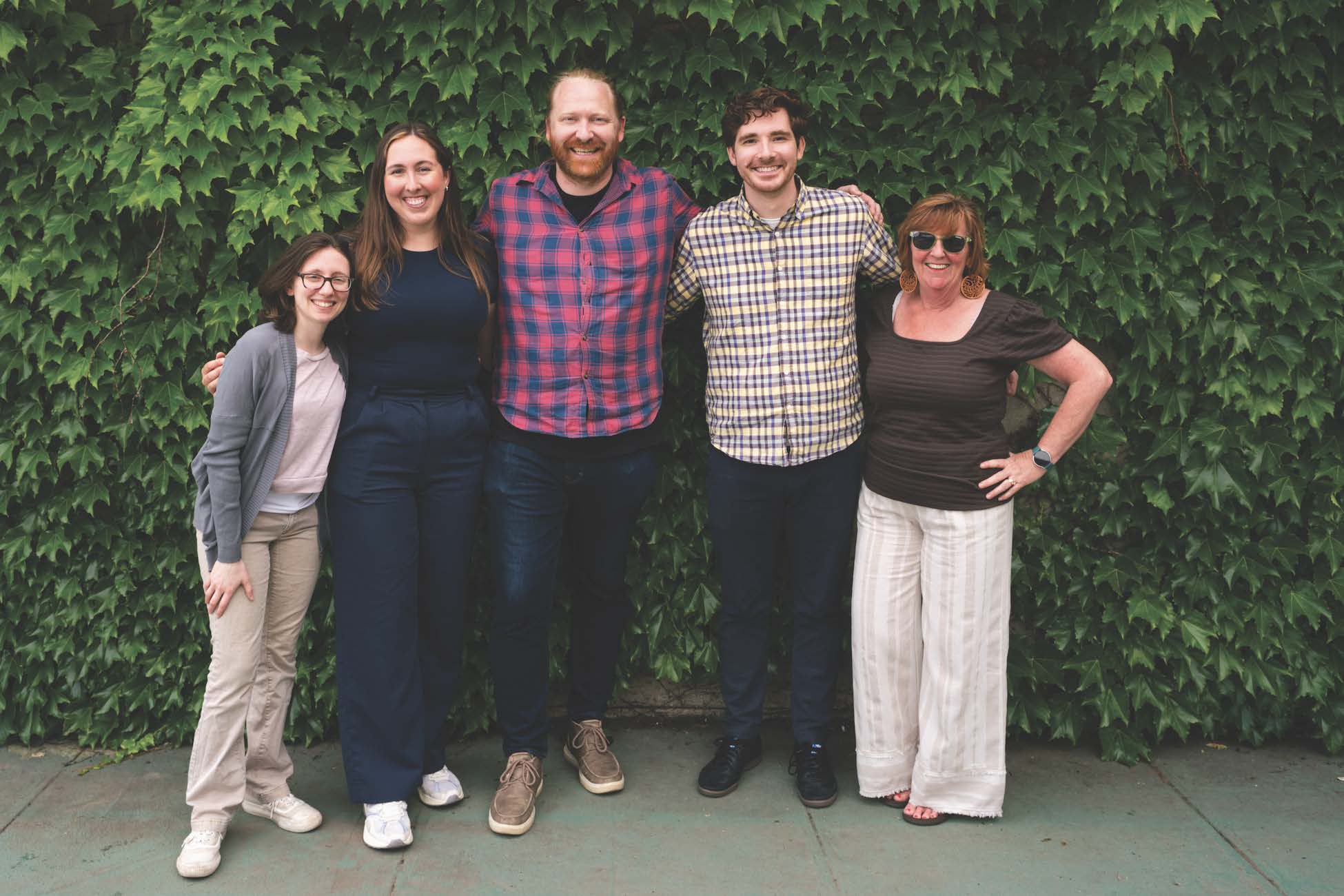

Harry Ashbaugh, M.S.
Research Technician, Department of Epigenetics
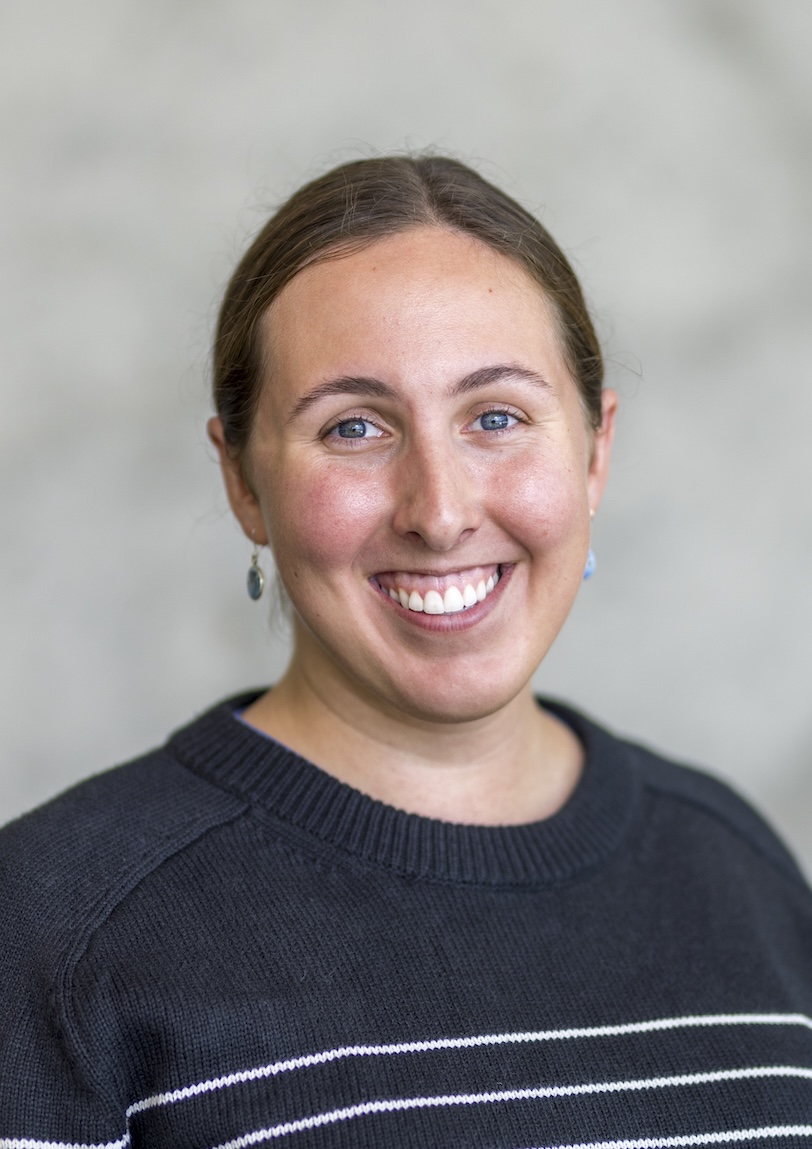
Emma Baird
Research Technician, Department of Epigenetics

Jennifer Brooks
Senior Administrative Assistant I, Department of Epigenetics

Alexandria Eiken, Ph.D.
Postdoctoral Fellow, Janssens & Triche Laboratories

Lola Piper
Student Intern, Janssens Laboratory
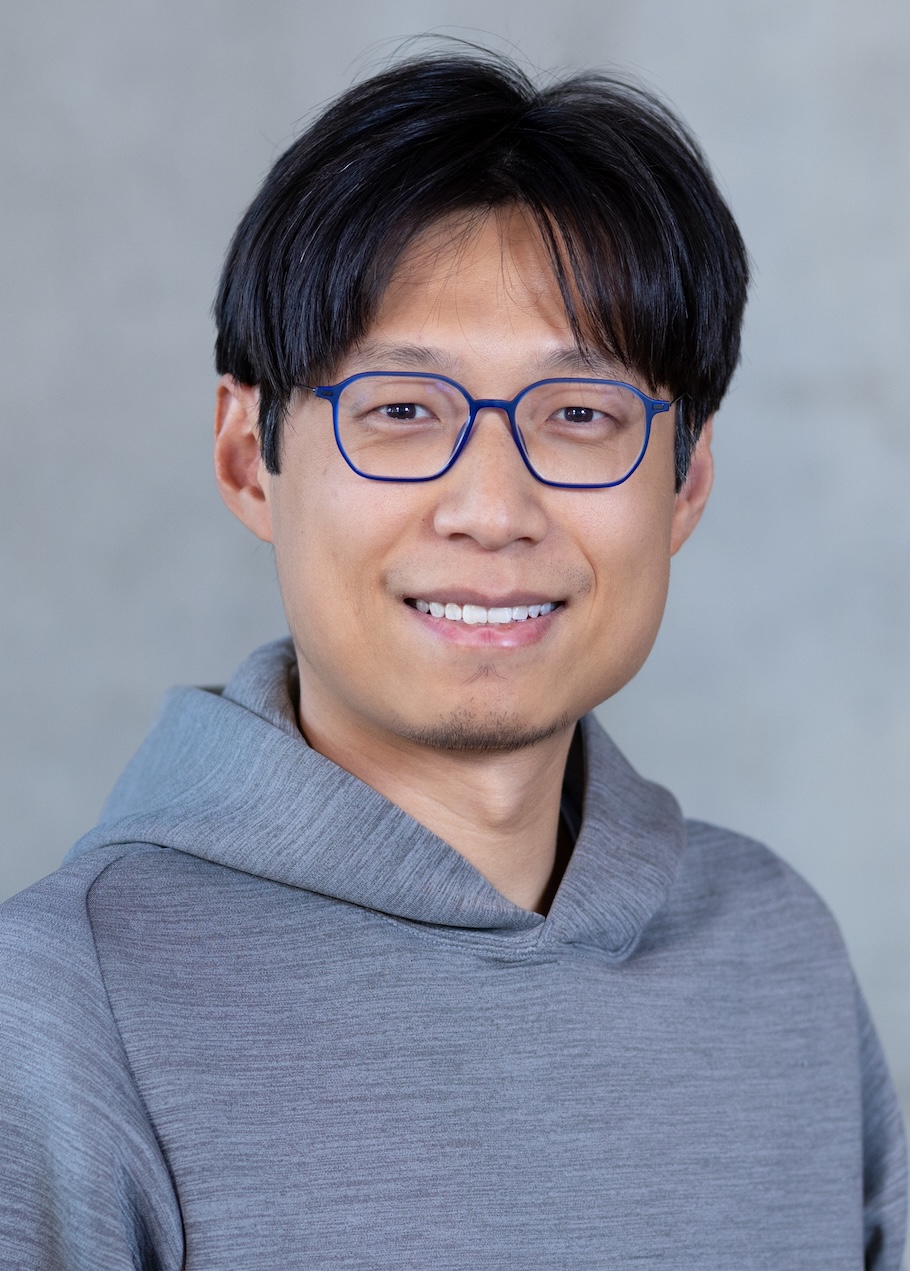
Wenjie Sun, M.D.
Visiting Scientist, Department of Epigenetics


